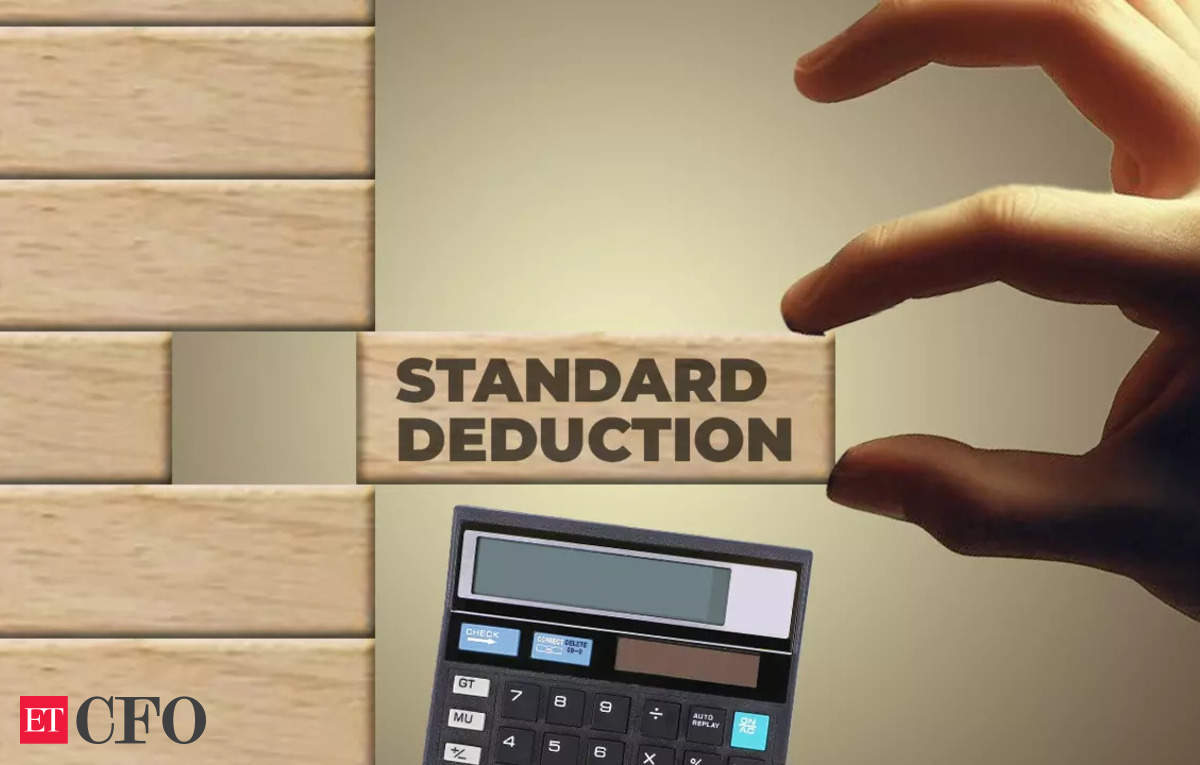As the deadline for income tax filing approaches, taxpayers across India are gearing up to ensure compliance and maximize tax-saving opportunities. Amidst the plethora of tax-saving strategies, one often overlooked avenue is the unique tax exemption available to Hindu families, known as Hindu Undivided Families (HUF). In this article, we delve into the intricacies of HUFs under the Indian Income Tax Act, exploring how they work and the tax benefits they offer.
Hindu Undivided Family (HUF)
- Hindu Undivided Family (‘HUF’) is treated as a ‘person’ under section 2(31) of the Income-tax Act, 1961 (herein after referred to as ‘the Act’). HUF is a separate entity for the purpose of assessment under the Act.
- Under Hindu Law, an HUF is a family which consists of all persons lineally descended from a common ancestor and includes their wives and unmarried daughters. An HUF cannot be created under a contract, it is created automatically in a Hindu Family.
- Jain and Sikh families even though are not governed by the Hindu Law, but they are treated as HUF under the Act.
HUF, or Hindu Undivided Family, is a distinct tax entity recognized under the Indian Income Tax Act. It allows Hindu families, as well as Jains and Sikhs, to avail themselves of certain tax exemptions. Essentially, an HUF functions as a separate taxable entity, akin to an individual taxpayer. Any Hindu family can establish an HUF by opening a separate account and conducting financial transactions through it. The head of the family is considered the key decision-maker within the HUF, while other family members are recognized as its members.
Availing the Benefits of HUF
To leverage the tax benefits of HUF, a separate PAN (Permanent Account Number) is required. All financial transactions related to the HUF must be conducted using this PAN. Individuals within the HUF can invest and claim tax exemptions similar to those available to individual taxpayers. However, it’s crucial to note that only income earned by the HUF is eligible for tax exemptions, not income earned by individual members.
ITR forms Available for HUF are ITR 2, 3, 4
Tax Exemptions under HUF
One of the significant advantages of HUF is the tax exemptions it offers. Here are some key tax exemptions available under HUF:
- Section 80C: Investments up to Rs 1.5 lakh in instruments such as life insurance, FDs, PPF, small savings schemes, home loans, and ELSS are eligible for tax exemption.
- Section 80D: Health insurance premiums for self and family (up to Rs 25,000) and for elderly parents (up to Rs 50,000) qualify for tax rebates.
- Section 24B: Interest payments on home loans taken in the name of HUF are eligible for a tax exemption of up to Rs 2 lakh.
- Section 54F: Investments in equity or equity funds can result in tax-free long-term capital gains of up to Rs 1 lakh per year.
- Property Investments: HUFs can invest in up to two properties, which are tax-exempt. However, any income exceeding this threshold is subject to a 10% tax or as per the prevailing national rent, whichever is applicable.
Assessment of HUF :-
An HUF is recognized as a separate assessable entity under the Act. Its income may be assessed if following two conditions are satisfied:
- There should be a coparcenership. In this connection, it is worthwhile to mention that once a joint family income is assessed as that of HUF, it continues to be assessed as such in subsequent assessment years till partition is claimed by coparceners.
- There should be a joint family property which consists of ancestral property, property acquired with the aid of ancestral property and property transferred by its members.
Ancestral Property: Ancestral property may be defined as the property which a man inherits from any of his three immediate male ancestors, i.e. his father, grandfather and great grandfather. Therefore, property inherited from any other relation is not treated as ancestral property. Income from ancestral property held by following families is taxable as income of HUF:
- a) A family of widow mother and sons (may be minor or major) ;
- b) Family of husband and wife, having no child ;
- c) Family of two widows of deceased brothers ;
- d) Family of two or more brothers ;
- e) Family of uncle and nephew ;
- f) Family of mother, son and son’s wife ;
- g) Family of a male and his late brother’s wife.
Note
Property obtained by daughter from joint family property would be her absolute property. Any income therefrom is chargeable to tax in her hands in the individual status only. This will also apply to any legal heir obtaining property in the capacity of a descendent.
Taxability of HUF:-
In order to compute the income of an HUF, one has to first ascertain its income under the different heads of income (ignoring incomes exempted under sections 10 to 13A of the Act). The following points should be keep in mind while computing income:
■ If funds of an HUF are invested in a company or a firm, fees or remuneration received by the member as a director or a partner in the company or firm may be treated as income of the family (if fees or remuneration is earned essentially as a result of investment of funds).
■ However, if fees or remuneration is earned for services rendered by the member in his personal capacity, it will be treated as the personal income of the member.
■ If any remuneration is paid by the HUF to the karta or any other member for services rendered by him, remuneration is deductible from income of HUF if such payment is genuine and not excessive and paid under a valid and bona fide agreement.
The following incomes are not taxed as income of HUF:-
■ If a member has converted or transferred without adequate consideration his self-acquired property into join family property, income from such property is not taxable in hands of the family.
■ Income of impartible estate (though it belongs to family) is taxable in the hands of holder of estate and not in hands of HUF.
■ Personal income of the members cannot be treated as income of HUF.
■ “Stridhan” is absolute property of a woman, hence income arising therefrom is not taxable as income of HUF.
■ Income from individual property of daughter is not taxable in hands of HUF even if such property is vested into HUF by daughter.
1 Deduction from gross total income: An HUF is entitled for deductions available under Chapter VI-A (as applicable) while calculating its taxable income.
2 Rate of Tax:
■ An HUF is taxed on same slab rates which are applicable to an Individual.
■ An HUF is liable to pay Alternate Minimum Taxif the tax payable is less than 18.5 per cent (including cess and surcharge) of “Adjusted Total Income” subject to prescribed conditions.
In conclusion, Hindu Undivided Families (HUFs) present a unique avenue for tax planning and optimization under the Indian Income Tax Act. By establishing an HUF and leveraging its tax benefits, taxpayers can effectively manage their tax liabilities while ensuring compliance with relevant regulations. As the tax season unfolds, taxpayers are encouraged to explore the potential of HUFs and consult with tax experts for personalized advice tailored to their financial needs and goals.
Visit www.cagurujiclasses.com for practical courses












Property received by father after death of grand mother will be my fathers individual property or fathers huf property.
The writeup is excellent as because it gives a good understanding of the intricacies of tax planning etc of a Jont Hindu Family.
It was quite educative to me.Congratulations to the writer of the Article who diligently dealt with the subject.
Good exposure.Some latest case law w.r.t property thrown in the hotch potch to H.U.F and the tax implications of income received from them will enable people requiring clarity.